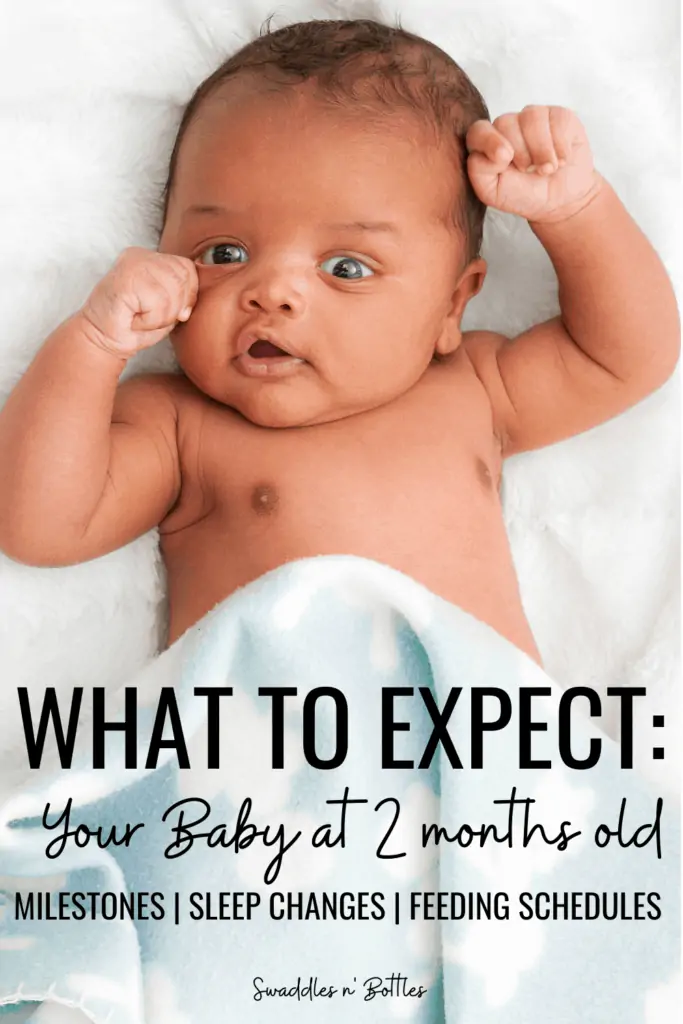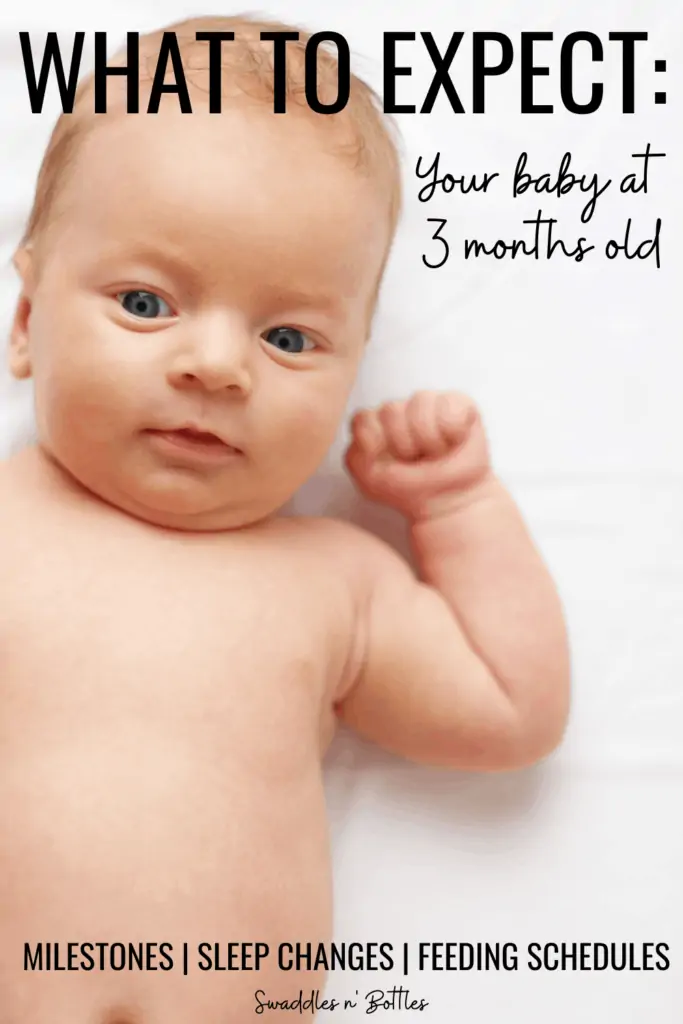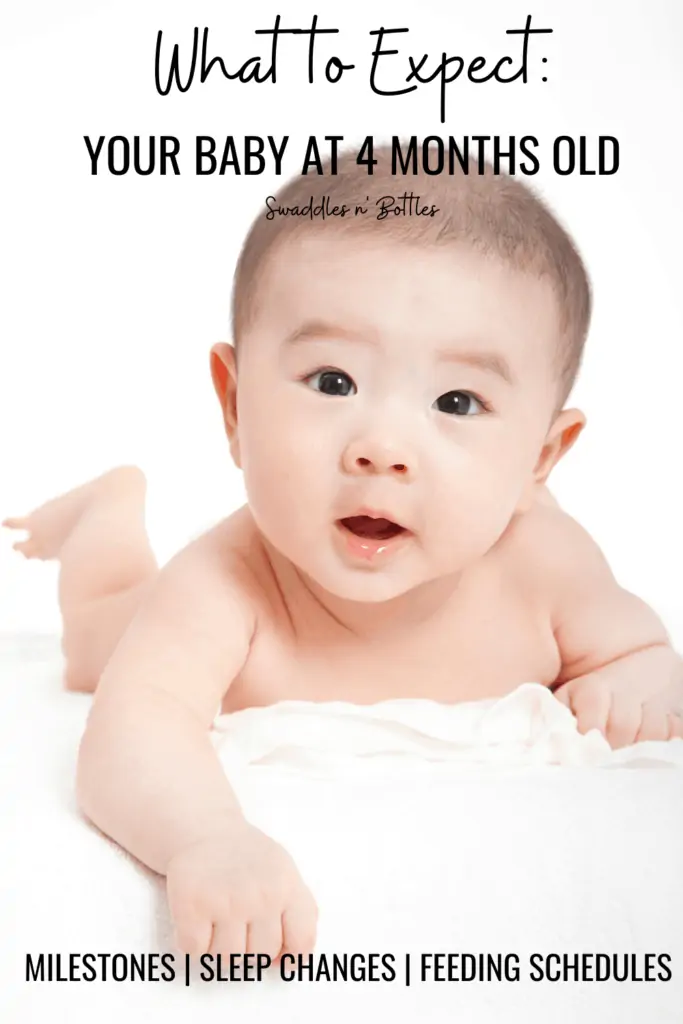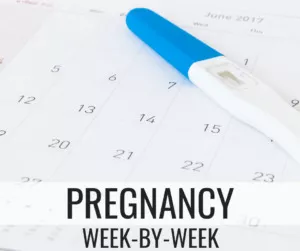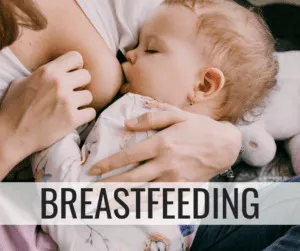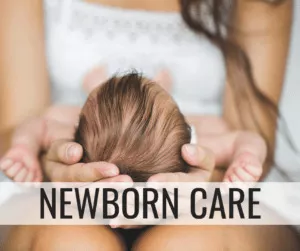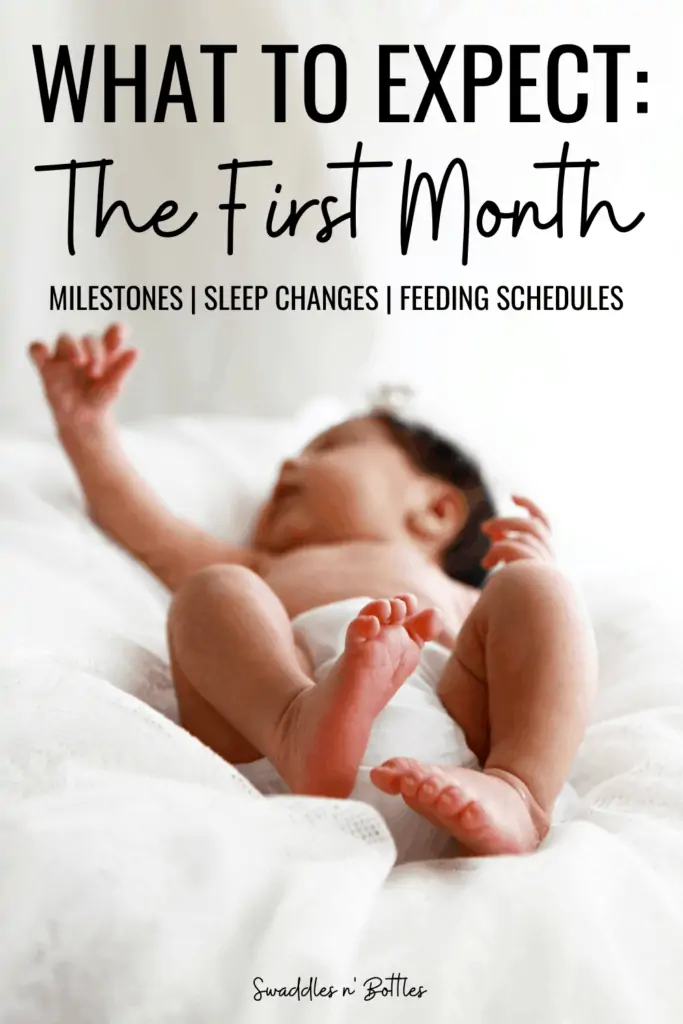
Your Newborn Baby
Babies are amazing. They grow and change at blinding rates. One minute your baby will be a tiny little helpless baby, and the next minute they will be driving away in a car. Okay, maybe it’s not quite that fast, but the newborn phase does seem to go by quickly. Let’t take a look at all that you can expect to happen in your baby’s first month of life.
Cognitive Changes
Cognitive changes happen when your baby makes connections in their brains to develop learning skills later. While you may not realize how all of these things will improve learning and cognitive skills, they help your baby begin making those synapse connections vital to development.
Recognition
Babies will begin to recognize your face and voice. Likewise, voices that were around during your pregnancy are often among those quickly recognized. Your baby might not understand the words that you say, but they will learn that you are their safe person or people. Recognition of faces will eventually lead to emotional recognition in later stages.

Increased Vision
When babies first arrive, they will be unable to see very far (only about eight to 12 inches from their face). As they grow, their vision will improve. At about a week or two old, your child will begin to follow your face or movements, not just your voice. Up close and personal time is important during these first few months. Let baby see your face and your smile!
Did you know that newborns are only able to see in black, white, and shades of grey for the first few months of life? Their vision is not yet fully developed. This is why black and white toys and books are so beneficial for this age. The high contrast in color can help stimulate their vision growth and help baby’s develop their ability to focus. You can browse through our top choices for high-contrast toys and books here.
Snuggles
Your baby will now begin to snuggle intentionally. While you are holding him or her, your baby will turn toward you and get more comfortable in your arms. Those sweet baby snuggles just got even better. Snuggles probably do not seem to be cognitive, but they do indicate trust and emotional connection. These connections are critical for social and emotional development.
Noisy Baby
During the first month, your baby will begin learning to make noises. Of course, full words are far away, but these will be the foundational noises that your baby makes to form words later. Language begins to develop from the beginning, and it is essential to talk to your baby.
Physical Changes
Physical changes are the most noticeable changes during this time. Weight and length are changing rapidly, and muscle tone is improving.
Bodyweight and Length
Your baby will seem to be growing before your eyes. It will feel like an outfit that fits one week is too small by the next. Bodyweight will increase rapidly during this first month. The average baby gains between one and a half and two pounds between birth and their first-month mark. Your baby’s length will also change rapidly. Your pediatrician or family physician will weigh and measure your baby throughout the first year to ensure that they are gaining weight at a healthy rate. According to the World Health Organization, the average weight got a one-month-old baby girl is 9.2 pounds and 9.9 pounds for baby boys.

Reflexes Get Stronger
Your baby’s movement is probably pretty jerky right now. He or she will begin to react to sound, touch, and visual cues. While reaching for you may not be smooth, he or she will begin to try to control the movement of the limbs. The hands will be the focus of movement as well. Your baby will be trying to locate the hands with his or her eyes and mouth. The hands will also be balled in fists most of the time.
Sleep
Your baby will probably sleep most of the day and night in the first few weeks. It will seem like he or she is only awake for feedings. This is totally normal. You may start to see that baby stays awake for slightly longer stretches as the weeks go by. In order to start helping establish a routine, we like to suggest the E.A.S.Y system, which stands for eat, activity, sleep, you time. You can read more on how it helps establish a healthy routine in this post.
Feedings
At this age, baby will still be eating smaller meals at more frequent intervals. If breastfeeding, you will most likely be feeding every 2-3 hours throughout the day and night. Watch for signs that your baby is getting enough milk (more details here). Formula-fed babies will be eating between 2 and 4 ounces of formula and will have between six to eight feedings in a 24 hour period.

